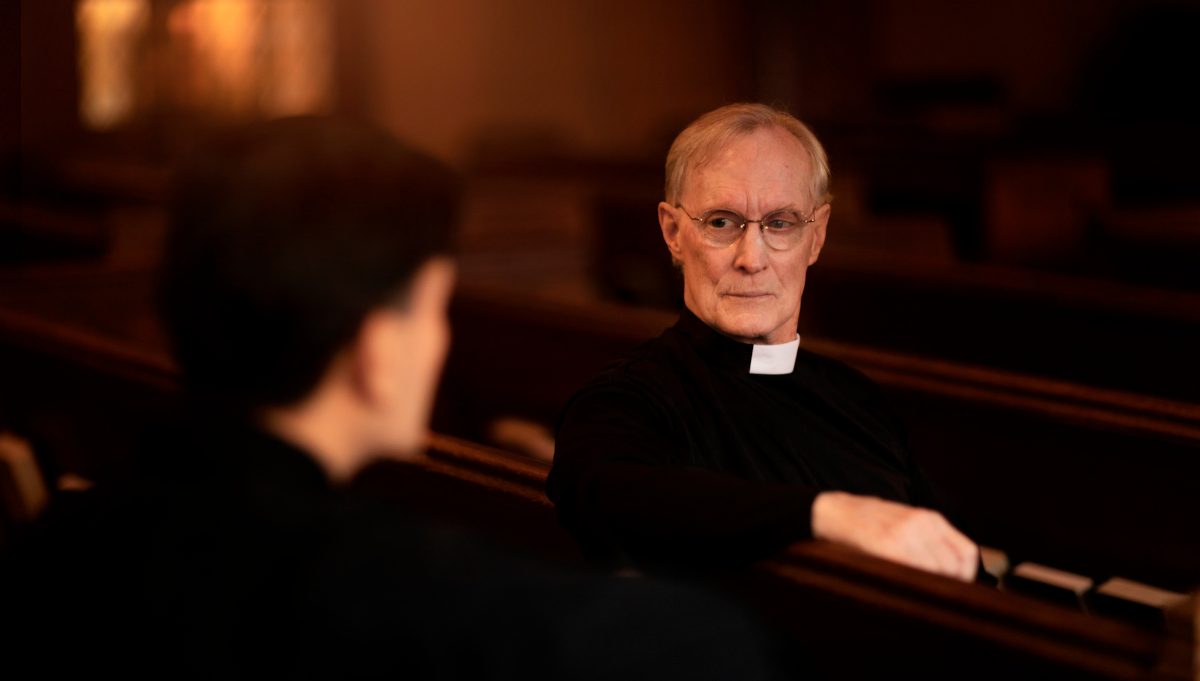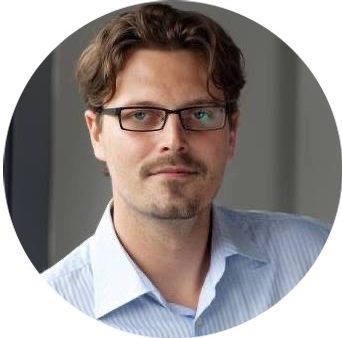
The study explored experiences of Polish gay men associated with discovering their homosexuality in relation to religious socialization, internalized beliefs and norms of the Catholic Church.
Religious principles and values provide meaning and affect personal identity. They may also conflict with intimate needs and desires. This paper examines how gay Catholics manage conflicting areas between their sexual and religious selves. Eight Polish gays with a Catholic background, who identified themselves as strong believers, shared their experiences during semi-structured interviews that were subjected to interpretative phenomenological analysis. Results show that internalization of the principles taught by the Roman Catholic church triggered a conflict when participants became aware of their homosexuality. They used a number of strategies to reconcile conflicting identities, including limiting their religious involvement, questioning interpretation of the doctrine, undermining priests’ authority, trying to reject homosexual attraction, putting trust in God’s plan, using professional help, and seeking acceptance from clergy. This study alerts mental health professionals to specific risk factors associated with experiencing a religious conflict, and offers guidelines for counselling and further research.
Publications in academic journals:
Research Team:
Igor Pietkiewicz, Ph.D., Katarzyna Kołodziejczyk-Skrzypek, M.Sc.

Samodzielny pracownik naukowy zatrudniony na stanowisku badawczym w Instytucie Psychologii Akademii Ignatianum w Krakowie, kierownik Centrum Badań nad Traumą i Dysocjacją (CBTD), psychoterapeuta i superwizor psychoterapii. Od wielu lat jest mentorem i członkiem zarządu European Society for Trauma & Dissociation (www.estd.org), a obecnie pełni funkcję przewodniczącego tego Towarzystwa. Posiada certyfikat psychoterapeuty i superwizora Sekcji Naukowej Psychoterapii Polskiego Towarzystwa Psychiatrycznego, Europejski Certyfikat Psychoterapeuty, certyfikat terapeuty i konsultanta EMDR Europe. Prowadzi praktykę prywatną w Katowicach, gdzie zajmuje się głównie pacjentami dorosłymi z doświadczeniami traumy złożonej. Pracuje w języku polskim i angielskim.